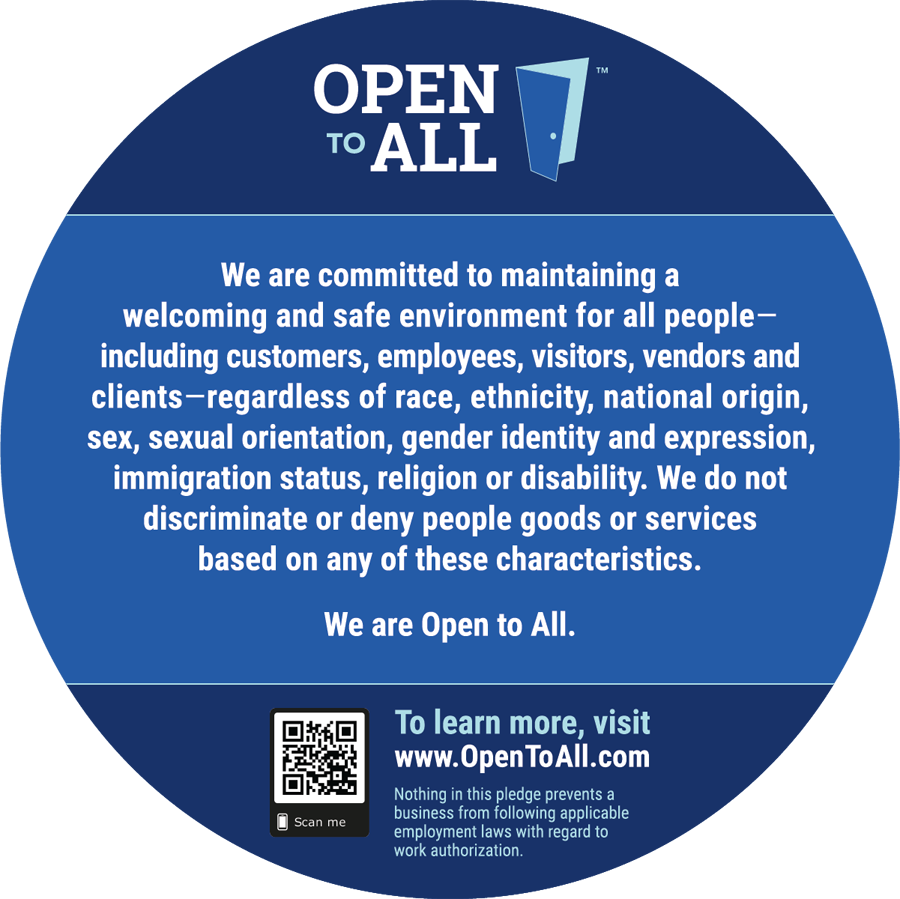Originally published on the Pastry Box Project one year ago today on May 10, 2014
It started when you were five on the kindergarten school bus. An older girl threatened to punch your mom if you didn’t bring her caramels. Your mom caught you stealing caramels from the kitchen drawer, found out, and it stopped.
Your “best friend” in kindergarten would hit you. Sometimes you’d say something she didn’t like so she’d slap you across the face or hurt you when you played sports. Eventually the principal got involved, and it stopped.
Throughout elementary school, you could never keep up with the other kids in gym class. Your teachers taunted you by calling you grandma. More than twenty years later and you still have body image issues.
In the 4th grade, you went to a new school where a girl in your class soon made you her “slave” and forced you to do her chores. No one liked her, and because you were associated with her, you didn’t make many friends.
In the 5th grade, you were asked to join the popular clique. You quickly became their bitch because you were at the bottom of the totem pole. They taunted you, ordered you around, made you run their errands. Pretty typical stuff. Their teasing was so unbearable, you started getting “sick” so your parents would come pick you up from sleepovers early.
In the 7th grade, you shunned the popular girls and were befriended by the bad boys. They pressured you to drink, smoke, steal, vandalize, cut school, whatever. You resisted most of it.
At the end of 8th grade, you begged your parents to let you switch schools. The only other option was too far away so they didn’t let you. They never knew the extent of what was going on.
You can’t remember a lot of high school. You were mostly zoned out, resigned. You had a core group of friends, most of them who you’re still close with today. They were good kids who grew up to be great people. You’re lucky you found them in what was otherwise a hell.
One guy who you considered a close friend tried to force you to pleasure him. He pushed your head down and entered your mouth, but you bit down so he pulled out. Then your friend’s dad emerged from his bedroom, and it stopped.
You had a guy do the same thing freshman year of college. You really liked him and he seemed to like you. You were kissing on the bottom bunk in his dorm room and before you knew it, he was pushing your head down. You wiggled free and ran out. You had to live down the hall from him for the rest of the year.
Whatever innocence you had that constantly made you a target was now lost. You started being the aggressor. You became obsessed with getting ahead. You made your own rules. You left a lot of broken hearts in your wake.
You became very hard, private, standoffish. It continued that way through grad school and your first few full-time jobs. When you were 26, you traveled to a conflict-torn region. What you saw changed you. You learned what real survivors look like. It cracked open your heart.
You came home and the next day walked into your boss’s office and quit. You never wanted to be owned again.
You started making yourself more vulnerable with men, with friends, through your blog, and on Twitter. You wanted to share parts of your story to inspire people to open their hearts and follow their dreams. You found success pretty quickly and was encouraged to keep sharing.
At some point, you got too successful for some people’s liking. A malicious anonymous Twitter account made regular jabs at your inexperience. Old-guard leaders in the field publicly mocked you about whatever they felt you weren’t living up to. You got hate mail and death threats and had to move everything to a P.O. box so you couldn’t be found. You were a victim once again.
Sometimes you go quiet and the vitriol quiets down. Sometimes you make a misstep and the engine starts back up again. Mostly you just try to live your life and not let their hate control you.
You’ve been in therapy on and off for 18 years. Your diagnosis is as minor as you can get — adjustment disorder with anxiety. Your current therapist (who is by far your best) calls it “fear of annihilation.” Apparently you are triggered when you see other people unable to defend themselves. You stick your neck out to be a shield, to protect them from harm.
After a lifetime of abuse, you know you can take it.
Sure it hurts; you don’t enjoy the negative attention, the insults or the pain. But you’d rather it be you.
You’re used to it.
Originally published on the Pastry Box Project one year ago today on May 10, 2014



Leave a Reply